It’s 1999. Nu-metal is ascending, post-grunge is grinding out its last gasps, and major labels are trawling every corner for the next hard rock contender. Somewhere in Grayslake, Illinois, three brothers dial up Steve Albini. Not a producer. A recorder. A no-frills, no-fluff, “read-the-paper-in-the-studio” kind of guy.
Why him? Because if you're gonna make a statement, you might as well plug straight into the raw nerve of In Utero and Razorblade Suitcase sonics. That was Chevelle's play with Point #1, a debut that wore its influences loud and proud but also hinted at something deeper beneath the distortion.
A Tool for the People?
Wait—isn’t Chevelle the band that sounds like Tool? You're not wrong. In fact, more than a few listeners pegged Point #1 as “Tool-lite” or even “a more accessible Tool.” The vocal comparisons are immediate: Pete Loeffler’s clean, stretched notes do echo Maynard James Keenan. But there’s a twist. At times, his delivery drifts into the nasality and phrasing of Placebo’s Brian Molko, or even veers unexpectedly into Jeremy Enigk-style emo territory.
So what’s the vibe here—alt-metal? Emo? Grunge? The answer is... yes. Chevelle’s debut plays like a mixtape from a college radio station trying to decide whether it’s time to grow out of flannel or double down on it. You've got Tool-style dynamics, Helmet-tight riffs, a dash of Hum's spatial drift, and even a whiff of Bush’s radio-ready aggression.
Albini's Handprint: Raw But Focused
Point #1 sounds like an Albini record. The guitars are clean, the drums breathe, and nothing feels overly processed. But unlike the jagged assault of In Utero, Point #1 takes a slightly more polished turn—though it still retains the live-in-the-room intimacy. Listeners pointed to tracks like “Mia” and “Blank Earth” as moments where the album truly earns its comparisons to Hum, letting guitar textures shimmer instead of just chug.
What about hooks? That’s where the record stumbles. While Point #1 nails mood and tone, it rarely delivers those earworm choruses that pull you back in. Instead, many tracks lean hard into rhythm-matching vocals and repetitive structures. The riffs might stick in your head, but the melodies often don’t.
The Album’s Dual Personality
Point #1 isn’t all just drop-D riffing. That’s what makes this debut so intriguing—and frustrating. There’s a clear duality at work. On one hand, you've got tight, focused tracks like “SMA” and “Mia” that clock in under three minutes and punch hard. On the other, songs like “Peer” and “Long” stretch out, breathe, and reveal a band willing to explore dynamics and space.
When Chevelle embraces contrast—soft vocals over heavy riffs, clean tones before the distortion kicks in—they tap into something unique. But when they lean too hard on familiar tricks, they sound like passengers on the alt-metal train, not engineers.
A Debut with More Questions Than Answers
Point #1? Is the sound of a band figuring itself out in real time. There's ambition here, and more than a few flashes of brilliance. But there’s also a lot of “close but not quite,” a lot of moments where you wish the vocal melody strayed from the riff, or the chorus pushed just a little further.
Did they get better? Clearly. Chevelle’s next album, Wonder What's Next, would go double platinum, land them on Madden NFL 2005, and earn them a spot on Ozzfest. They got a major label, a new font, and, yes, actual graphic design help. They also shed their Christian label baggage and leaned fully into their hard rock identity.
Point #1 isn’t a perfect album. But it’s a fascinating one—a snapshot of late '90s rock trying to reconcile earnestness with aggression, ambition with accessibility. It’s the kind of record that might not blow your mind, but will definitely make you say, “Wait, why didn’t I listen to this back then?”
And if you want to hear how it all unfolds—complete with Tool jokes, Hum references, and a deep dive into Steve Albini’s studio habits—check out the full conversation. Trust us, it’s a journey worth tuning into.
Songs in this Episode
Intro - Black Earth
19:08 - Mia
29:32 - Open
37:49 - Anticipation
42:23 - Long
Outro - Peer
#428: Aenmia by Tool
Whenever we have a guest on to discuss an album either they made, had a hand in producing or releasing, our are suggesting for a review, we always come away with unique personal insights not always available from just a surface listen or new release review. For the sophomore 1996 album Aenima by Tool, our guest Patrick had a close personal connection to…
#305: Roundtable - Sophomore Slump Revisited - Razorblade Suitcase by Bush
For our second sophomore slump revisited episode of 2016, we jump in the time machine again to revisit 1996 and check out the second album from Bush, the Steve Albini-produced Razorblade Suitcase. Following up a massively successful debut with five hit singles is a tough job, but doing so in short period of time makes the job even harder. It sold half a…
#305: Roundtable - Sophomore Slump Revisited - Razorblade Suitcase by Bush
For our second sophomore slump revisited episode of 2016, we jump in the time machine again to revisit 1996 and check out the second album from Bush, the Steve Albini-produced Razorblade Suitcase. Following up a massively successful debut with five hit singles is a tough job, but doing so in short period of time makes the job even harder. It sold half a…
#064: You'd Prefer An Astronaut by Hum
On episode #64, we're back with another listener suggestion. Actually, it's a multiple listener suggestion episode - lots of folks have told us to revisit Hum's 1995 album You'd Prefer An Astronaut, and we aim to please. Tim knew he was going to struggle to be objective since Hum is one of his favorite bands of all time, so in order to avoid a blubberin…
#461: In Utero by Nirvana
A lot of ink has been spilled on the biggest band of the 90s. Whether it was reviews, interviews or in-depth cover stories, or modern retrospective or anniversary pieces, it's not hard to find a "your favorite band's album ranked" clickbait article on nearly every "grunge" platinum seller. What is there anything left to say about these bands? When


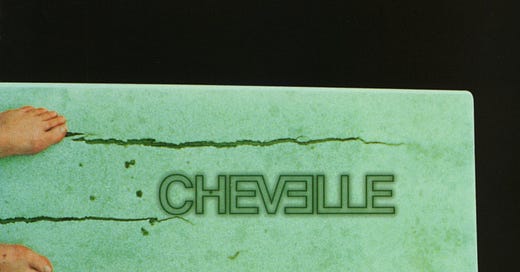
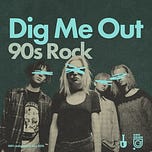


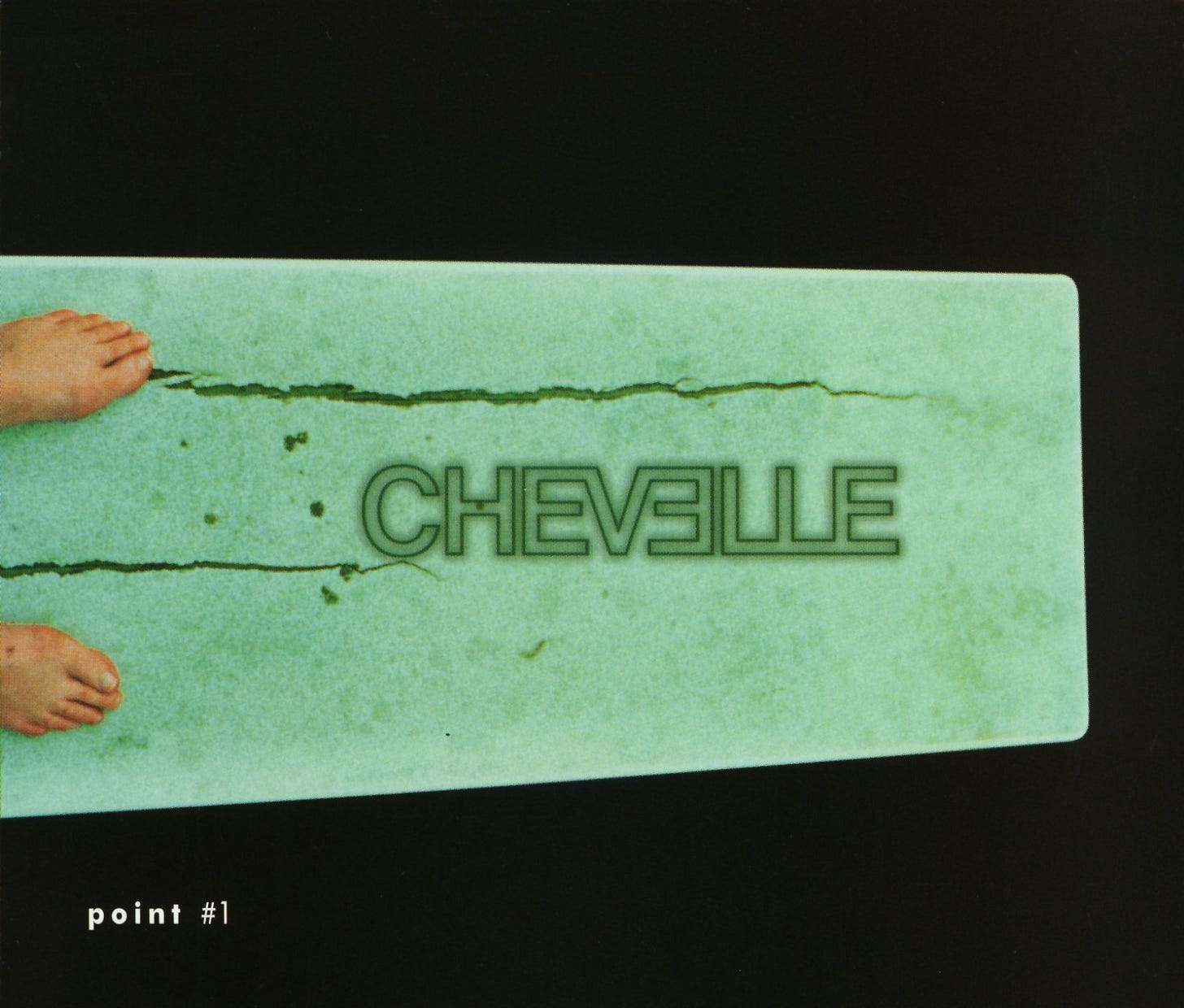




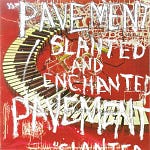
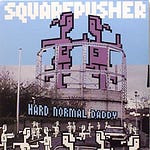
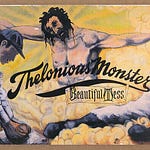



Share this post